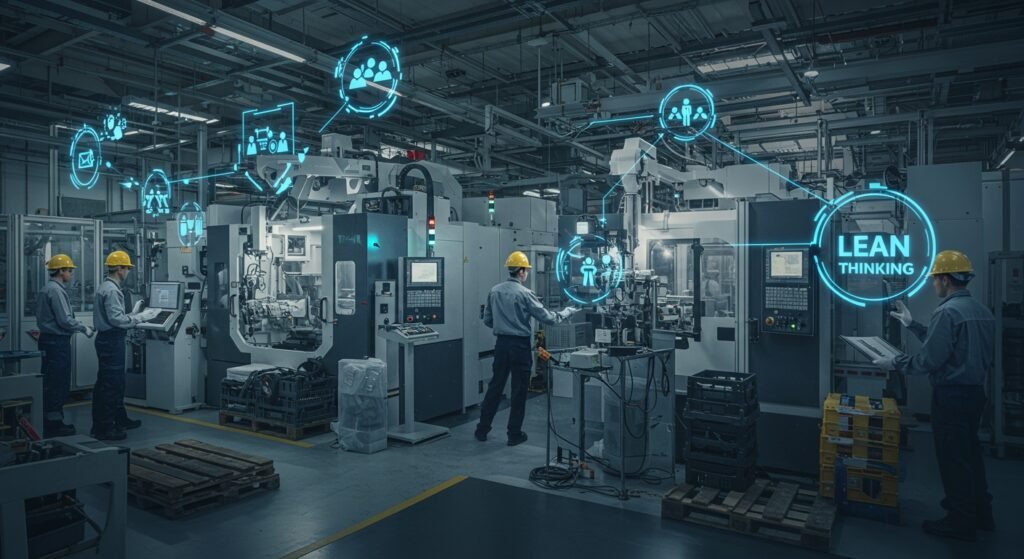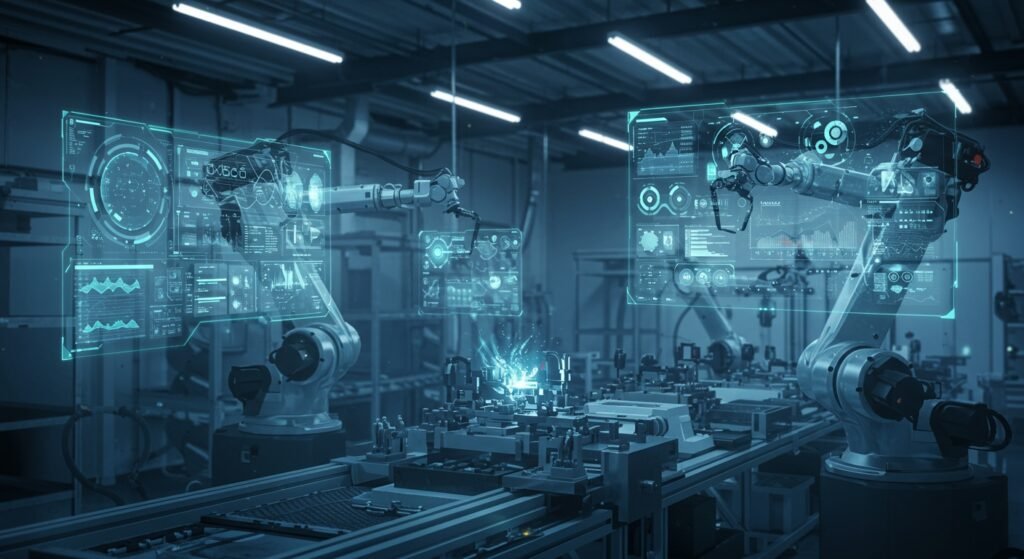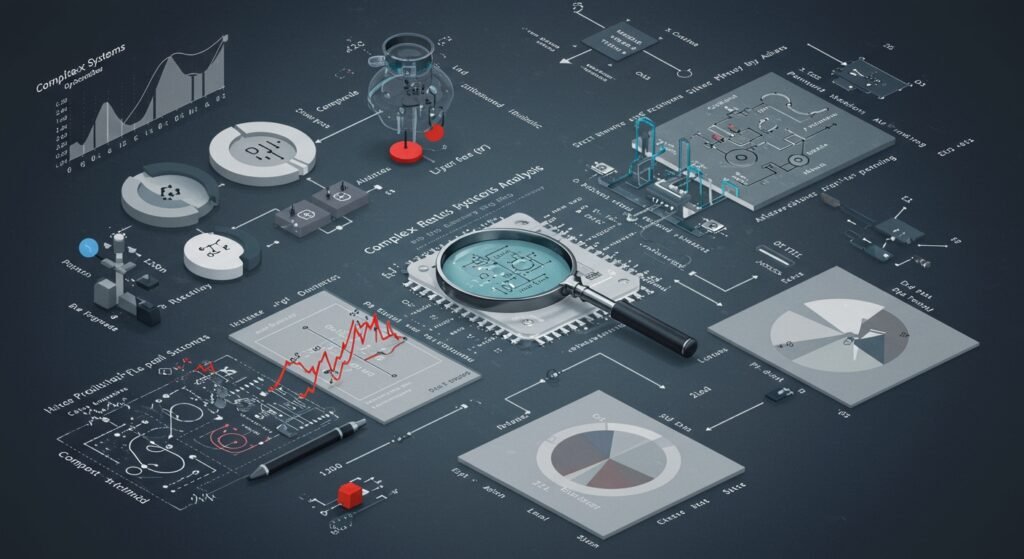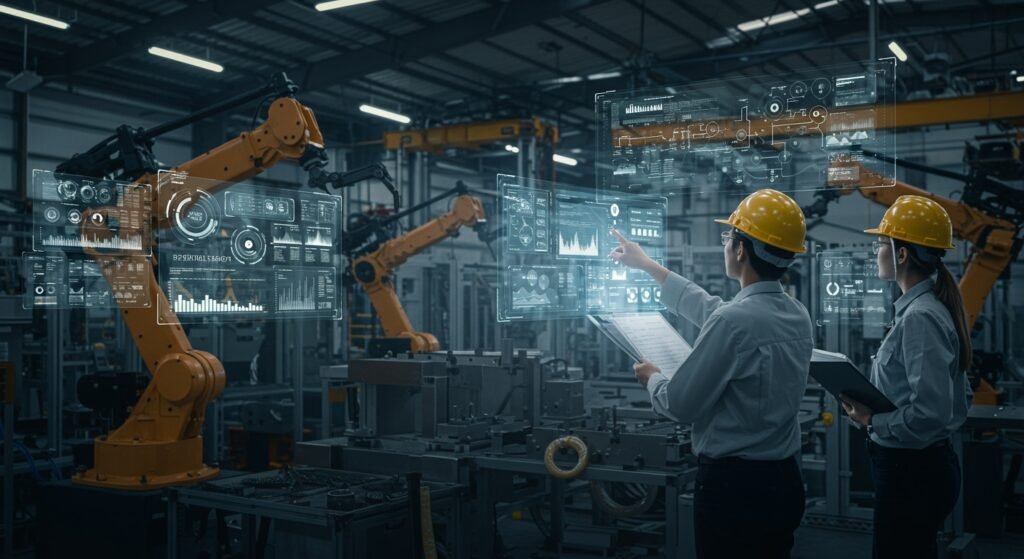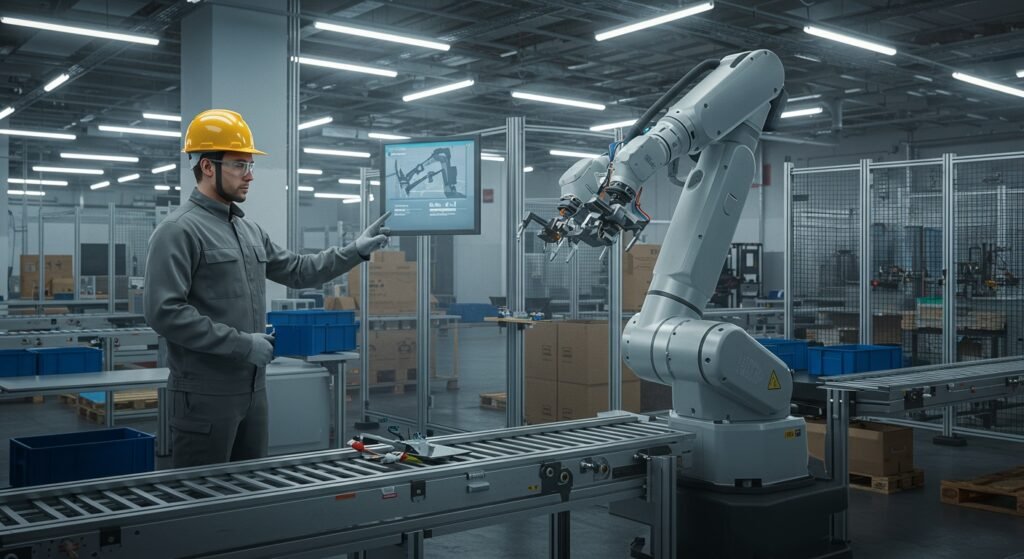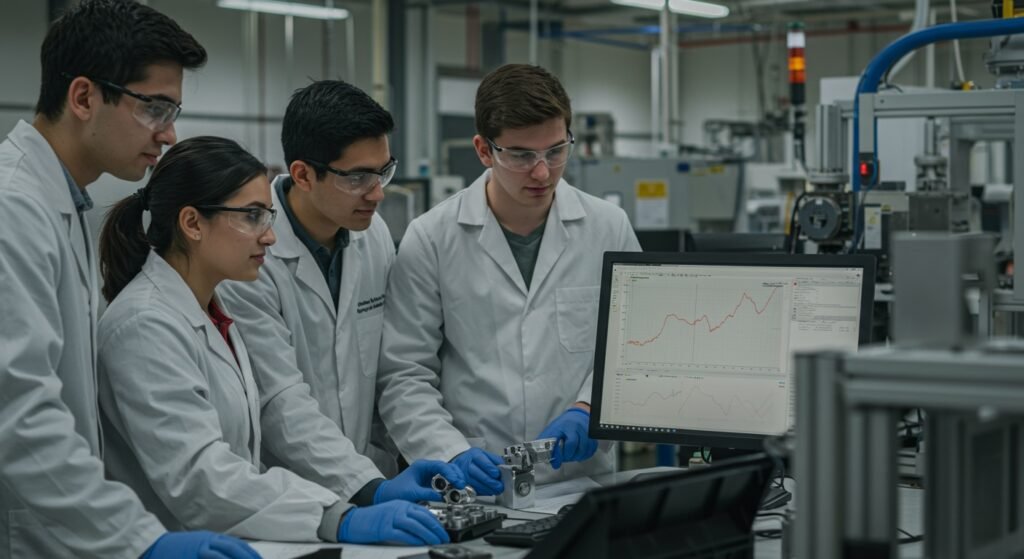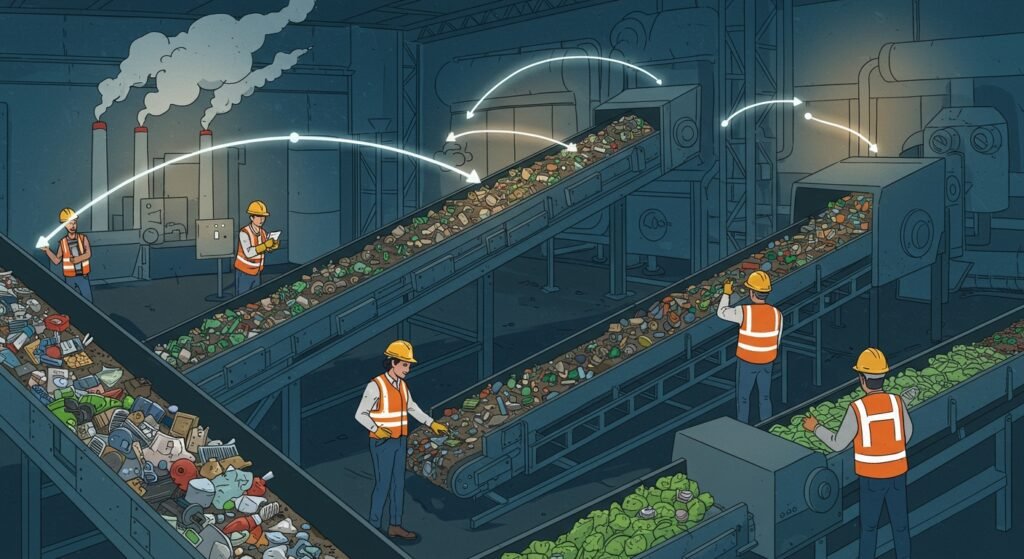Master Minitab: 7 Essential Quality Engineering Software Every Student Needs Now!
In the dynamic world of engineering, theoretical knowledge alone isn’t enough. Modern engineers, especially those focused on quality, must be proficient with a suite of powerful software tools. These applications enable data analysis, process control, design optimization, and problem-solving, which are crucial for ensuring product excellence and operational efficiency. Among these, Minitab stands out as […]
Master Minitab: 7 Essential Quality Engineering Software Every Student Needs Now! Read More »

